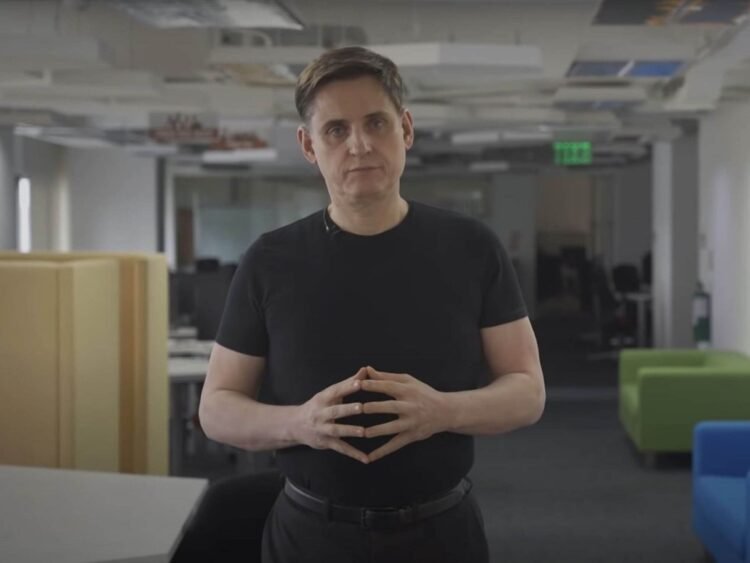Behringer CEO and founder Uli Behringer has announced a major restructuring at parent company Music Tribe, replacing the traditional C-suite with an AI-supported, data-driven leadership model.
Explaining the decision in a recent LinkedIn post, Behringer writes: “The traditional and siloed C-suite model has served its time. But in today’s world of rapid change and continuous innovation, it’s no longer the most effective way to lead and often becomes a liability.”
At the core of this restructuring is the replacement of “hierarchical executive structures” with a more “agile, data-driven model” — one powered by business and data analysts, and supported by neural AI platforms like Claude, Manus AI, and others. These tools, Behringer says, are already enhancing human decision-making by surfacing insights, spotting patterns, and driving real-time action.
For Behringer, the reasons for the shift are clear: They include faster, smarter decisions as analysts working directly with real-time data can act quickly, reducing bottlenecks.
“Decisions are best made by those closest to the product, the customer, and the challenge,” the founder explains. “In a world that’s constantly evolving, agility beats formality. We’re building a leadership model that can adapt and learn at every level.”
According to Uli, Music Tribe is currently piloting Manus AI across its operations, with early results described as “promising”. He says the move is part of the company’s broader commitment to Industry 5.0 — a vision where human creativity works alongside advanced technology to shape more responsive, personalised and empowering organisations.
“We’re not just tweaking the org chart. We’re rethinking what leadership can and should look like,” Behringer continues. “Fewer layers. More collaboration. Smarter decisions.”
Behringer’s latest announcement also reflects the brand’s long-standing interest in accessibility, a value that also underpin its product strategy. Earlier this month, Uli told Sweetwater that one of his goals is to make the firm’s already budget-friendly products even more affordable, especially for young people.
“As you know, we have synthezisers starting at $49. My goal is to make synthesizers for $9.90 so we can make these accessible to kids in poor countries,” he said.
Whether through groundbreaking organisational change or ultra-affordable gear, time will tell.






